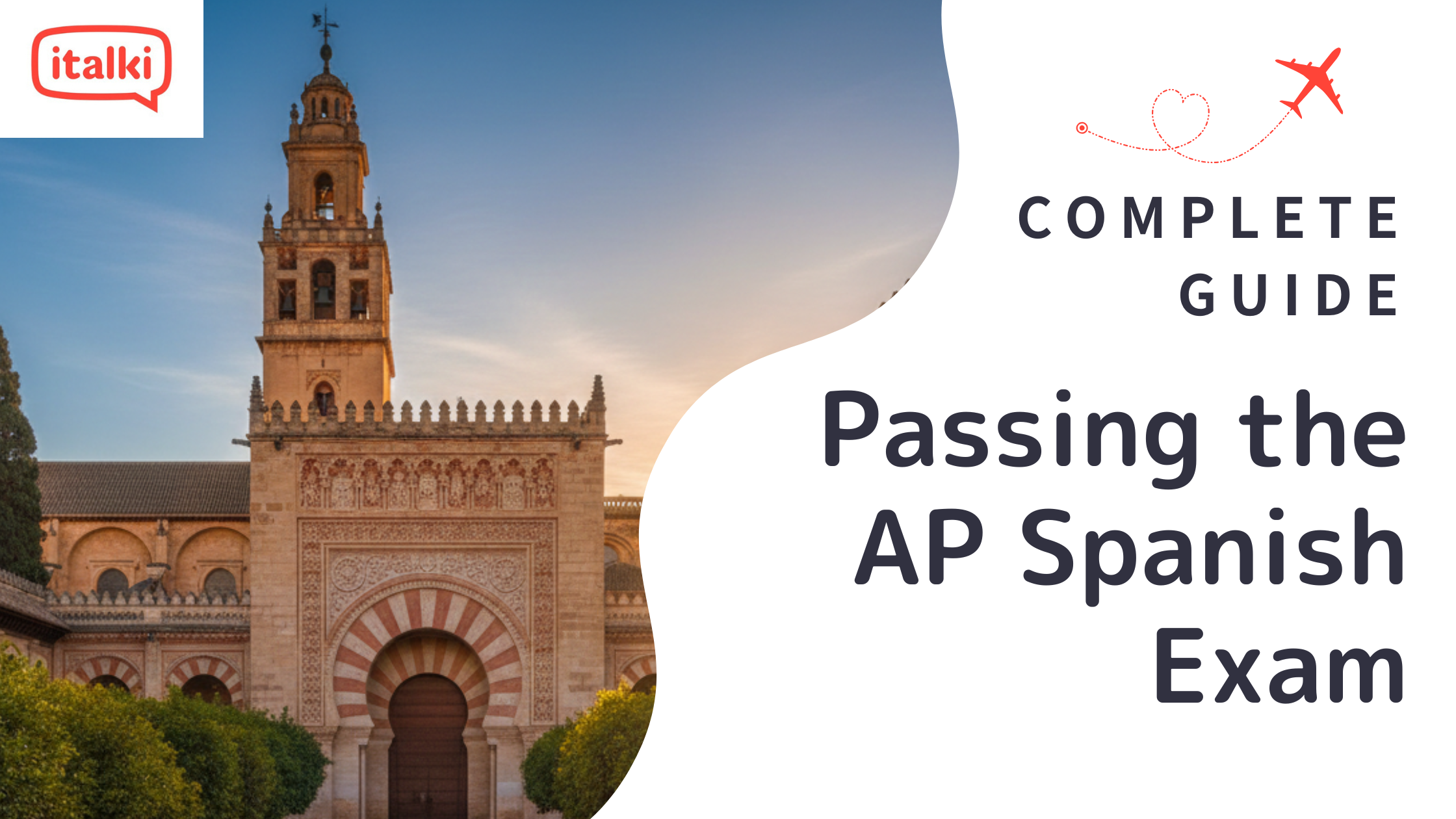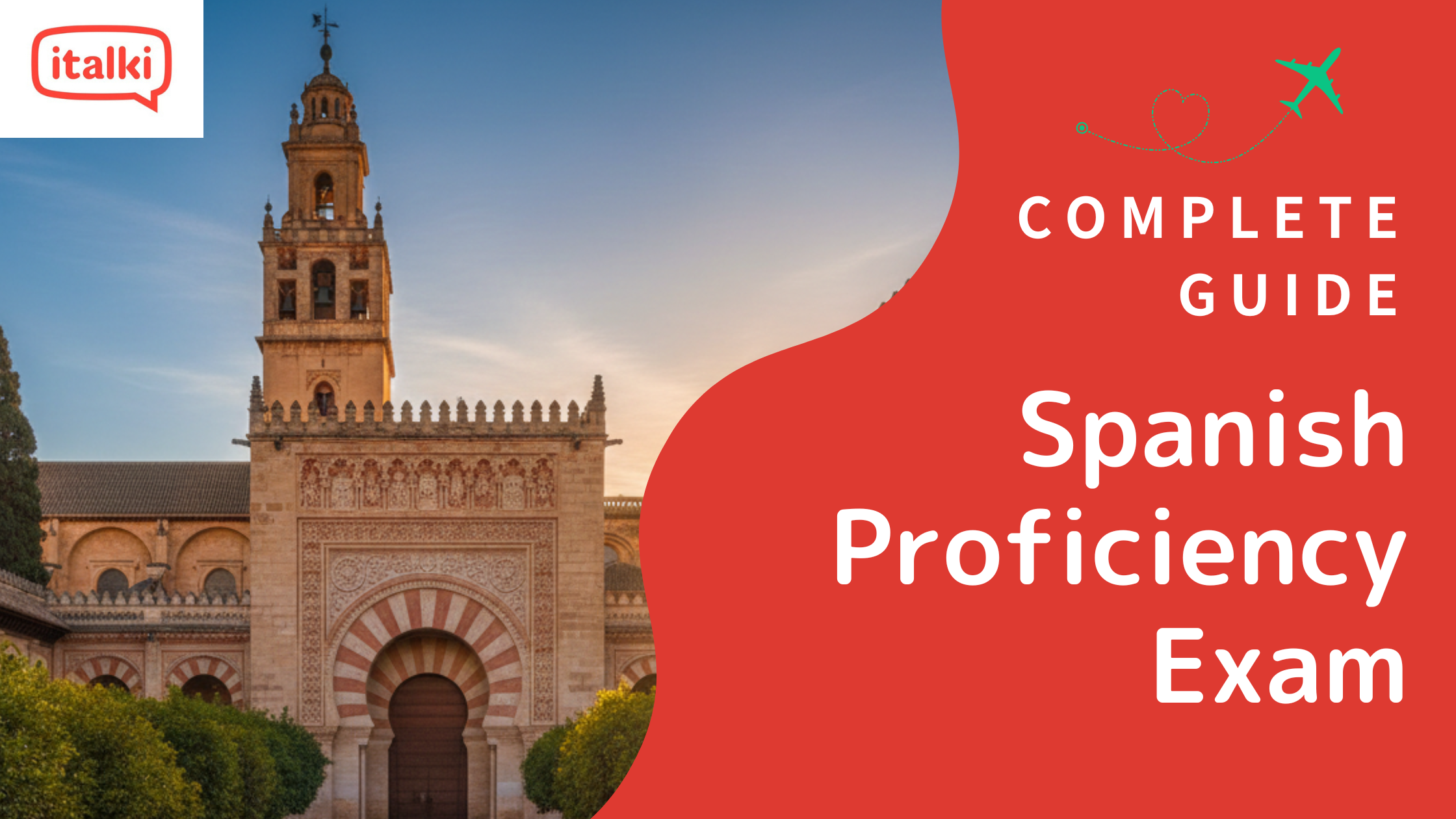Adjectives are words that describe nouns. In other words, they make sharing more information about a person or thing we discuss. In Spanish, personality adjectives are words used to describe a person’s personality traits. You can describe their sense of humour, temperament, talents, and other important aspects of their personality. Personality adjectives in Spanish are descriptive adjectives.
Adjectives are used similarly in Spanish and English. They must always be used in conjunction with a noun or pronoun, but an adjective is not always required when using a noun or pronoun.
Remember that Spanish is a null-subject language, so you can use adjectives even if a noun or pronoun isn’t present, as long as the verb conjugation implies the noun. The most important distinction between English and Spanish personality adjectives is that adjectives in Spanish must agree in number and gender with the person or thing they are modifying.
Difference between English and Spanish adjectives
| English | Spanish |
| He is fun. | Él es divertid o. |
| She is fun. | Ella es divertid a. |
| They are fun. | Ellos son divertid os. |
| They are fun. | Ellas son divertid as. |
As you can see from the sentences above, English adjectives never change. Fun is fun, whether the person you are describing is male, female, or a group of people. In Spanish, the ending of the personality adjective divertido differs in each of the sentences above.
This is because adjectives in Spanish must agree in noun and gender with the nouns they modify. In general, adjectives ending in -o (divertid o) describe masculine nouns. To make it female, simply replace the -o with -a (divertida). Adjectives ending in -e are gender-neutral and can be applied to male and female nouns. While indulging in Spanish-speaking practice, keep these differences in mind.

Personality traits in Spanish
While mastering basic Spanish words, you must learn basic Spanish adjectives to describe a person. The table below carries a detailed list of such adjectives. Make notes yourself and start learning them.
| English | Spanish |
| Ambitious | Ambicioso |
| Funny | Gracioso |
| Outgoing | Extrovertido |
| Intelligent | Inteligente |
| Shy | Tímido |
| Creative | Creativo |
| Patient | Paciente |
| Charismatic | Carismático |
| Serious | Serio |
| Kind | Amable |
| Mean | Grosero |
| Scary | Aterrador |
| Unfriendly | Antipático |
| Impatient | Impaciente |
| Lazy | Perezoso |
| Brave | Valiente |
| Playful | Juguetón |
| Studious | Estudioso |
| Friendly | Amigable |
| Nice | Agradable |
| Sophisticated | Sofisticado |
| Calm | Tranquilo |
| Boring | Aburrido |
| Adventurous | Aventurero |
| Open-minded | De mente abierta |
| Extroverted | Extrovertido |
| Likable | Simpático |
| Clever | Astuto |
| Disorganized | Desorganizado |
| Sincere | Sincero |
| Smart | Listo |
| Straightforward | Directo |
| Pessimistic | Pesimista |
| Selfish | Egoísta |
| Uncultured | Inculto |
| Egocentric | Egocéntrico |
| Discreet | Discreto |
| Dishonest | Deshonesto |
| Naive | Ingenuo |
| Optimistic | Optimista |
| Generous | Generoso |
| Clumsy | Torpe |
| Wary | Desconfiado |
| Cheerful | Alegre |
| Hard-working | Trabajador |
| Polite | Educado |
| Nervous | Nervioso |
| Anxious | Ansioso |
| Unpleasant | Desagradable |
| Reckless | Descuidado |
| Thoughtful | Considerado |
| Affectionate | Cariñoso |
| Jealous | Celoso |
| Cowardly | Cobarde |
| Envious | Envidioso |
| Evil | Malo |
| Sensitive | Sensible |
| Agile | Ágil |
| Loving | Amoroso |
| Passionate | Apasionado |
| Attentive | Atento |
| Cautious | Cuidadoso |
| Cynical | Cínico |
| Cruel | Cruel |
| Careful | Cuidadoso |
| Weak | Débil |
| Depressed | Deprimido |
| Careless | Descuidado |
| Distant | Distante |
| Sweet | Dulce |
| Efficient | Eficiente |
| Intrusive | Entrometido |
| Demanding | Exigente |
| Eccentric | Eccéntrico |
| Cold | Frío |
| Grumpy | Gruñón |
| Impulsive | Impulsivo |
| Imaginative | Imaginativo |
| Immature | Inmaduro |
| Restless | Inquieto |
| Interesting | Interesante |
| Malicious | Malicioso |
| Bold | Intrepido |
| Liar | Mentiroso |
| Stingy | Tacaño |
| Pensive | Pensativo |
| Persevering | Perseverante |
| Practical | Práctico |
| Provocative | Provocador |
| Punctual | Puntual |
| Fussy | Quisquilloso |
| Reserved | Reservado |
| Ridiculous | Rídiculo |
| Confident | Seguro de sí mismo |
| Sensible | Sensato |
| Dirty | Sucio |
| Shallow | Superficial |
| Modest | Modesto |
| Humble | Humilde |
| Proud | Orgulloso |
| Sad | Triste |
| Pathetic | Patético |
| Talented | Talentoso |
| Trustworthy | Confiable |
| Thrifty | Ahorrativo |
| Respectful | Respetuoso |
| Relaxed | Relajado |
| Rude | Grosero |
| Bossy | Mandón |
| Stubborn | Testarudo |
| Smug | Presumido |
| Nosey | Entrometido |
| Picky | Caprichoso |
| Arrogant | Arrogante |
| Absent-minded | Distraído |
| Mischievous | Travieso |
| Cranky | Enojón |
| Mature | Maduro |
| Skillful | Hábil |
| Happy-go-lucky | Risueño |
| Tender | Tierno |
| Timid | Tímido |
| Witty | Ingenioso |
| Abusive | Abusivo |
| Annoying | Fastidioso |
These adjectives can help you describe the way Spanish people look like. We recommend you generate flashcards to master these words and enrich your Spanish vocabulary.
Personality trait slang in Spanish
If you’ve spent time in a Spanish-speaking country, you’ve probably noticed that people use a lot of slang when communicating with friends. Of course, nobody will sound exactly like the sample conversations in your Spanish textbook, so it’s always a good idea to learn some slang when learning a new language. Here are some slang terms for character traits in Spanish:
| English | Spanish |
| Vagabond | Vago |
| Hard-working | Chambeador |
| Lazy | Flojo |
| Nosey | Chismoso |
| Stingy | Codo |
| Annoying | Nefasto |
| Stubborn | Necio |
| Fussy | Mañoso |
| Cool | Bakan |
| Cool | Chévere |
| Ill-tempered | Sangrón |
| Rude | Grosero |
Personality traits in Spanish example sentences
Now that you’ve learned different Spanish adjectives to describe a person, you’re probably looking for concrete examples of how to use them in sentences. Check out the table below for some useful example sentences using character adjectives in Spanish.
| English | Spanish |
| He is very studious. | Él es muy estudioso. |
| My mom is a very ambitious businesswoman. | Mi mamá es una empresaria ambiciosa. |
| They are very fun. | Ellos son muy divertidos. |
| The math teachers seem very boring to me. | Las maestras de matemáticas me parecen muy aburridas. |
| I am very extroverted. | Yo soy muy extrovertido. |
| My cat is very affectionate. | Mi gata es muy cariñosa. |
| My dog is very agile. | Mi perro es muy ágil. |
| Your brother sounds very reckless. | Tu hermano suena muy descuidado. |
| Don’t be stupid! | ¡No seas tonto! |
| I don’t know him, but he seems very quiet. | No lo conozco, pero se ve muy reservado. |

Mastering a new language is a time-consuming process. If you want to learn Spanish online, we recommend you check out italki to get the best online language-learning opportunity.
Master Spanish with italki
This online platform is excellent for improving your Spanish language skills. italki stands out from the crowd for several reasons.
Personalized lesson plans: Learning Spanish online is much easier with tailored lesson plans that meet learning objectives and requirements. italki provides personalized learning sessions to help you learn Spanish online. These sessions will help you set learning objectives and goals.
Spanish tutors with experience: italki’s tutors are primarily native speakers. You can select a private Spanish teacher from a pool of experienced and professional teachers based on your preferred learning schedule and budget. These teachers will develop personalized learning plans based on your specific needs.

Find Your Perfect Teacher
At italki, you can find your Spanish tutor from all qualified and experienced teachers. Now experience the excellent language learning journey!
Book a trial lesson
Flexibility in scheduling: Learning Spanish at your own pace and on your own time is extremely convenient for all students. This incredible platform understands people’s hectic schedules and strives for maximum flexibility.
When you book your Spanish lessons through italki, you will be fully engaged with your personal Spanish tutor. The conversational learning style makes learning more engaging and enjoyable.

How to book lessons at italki?
Visit italki. Complete your profile with all of the necessary information. Select the ‘Find a teacher’ option and use the filter for Spanish teachers to find a Spanish teacher. Choose a teacher who fits your learning objectives and requirements well. Plan your lessons.
You are strongly advised to follow your Spanish tutor’s additional material, exercises, and scenario-based content. Accept constructive criticism and work to improve your weak points.
Frequently asked questions
What are some common positive Spanish adjectives for describing a person?
Common positive Spanish adjectives include “amable” (kind), “inteligente” (intelligent), “cariñoso/a” (affectionate), and “valiente” (brave).
How do I express physical appearance in Spanish when describing a person?
Use adjectives like “alto/a” (tall), “delgado/a” (slim), “guapo/a” (handsome/beautiful), or “rubio/a” (blond) for physical descriptions.
What adjectives can be used to describe someone’s personality in Spanish?
Personality adjectives include “alegre” (cheerful), “comprensivo/a” (understanding), “ambicioso/a” (ambitious), and “sociable” (sociable).
Conclusion
In this comprehensive guide, we have explored a long list of Spanish adjectives used to describe a person. Mastering these adjectives will help you advance your vocabulary list to a remarkable extent.
Additionally, checking out italki to hire the best Spanish tutor online is highly recommended. The tutor will help you develop Spanish skills at a gradual pace.
Want to learn a language at italki?
Here are the best resources for you!




















